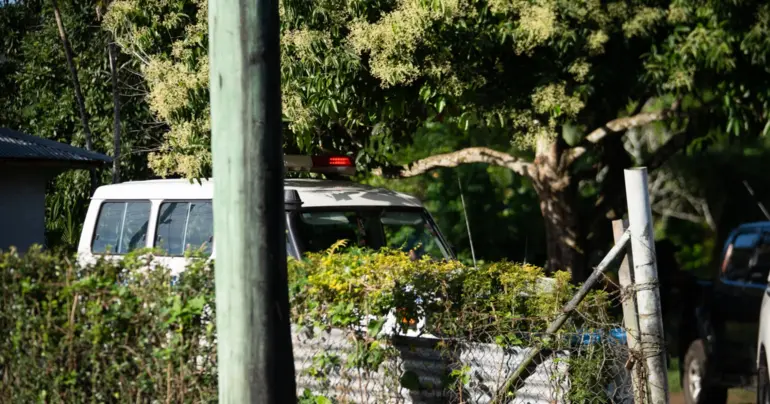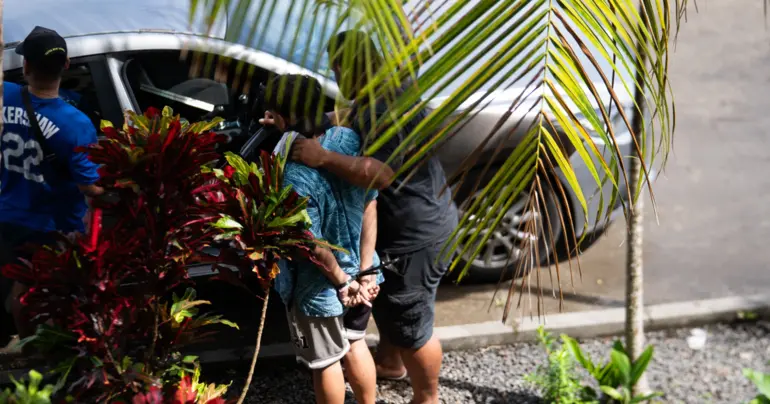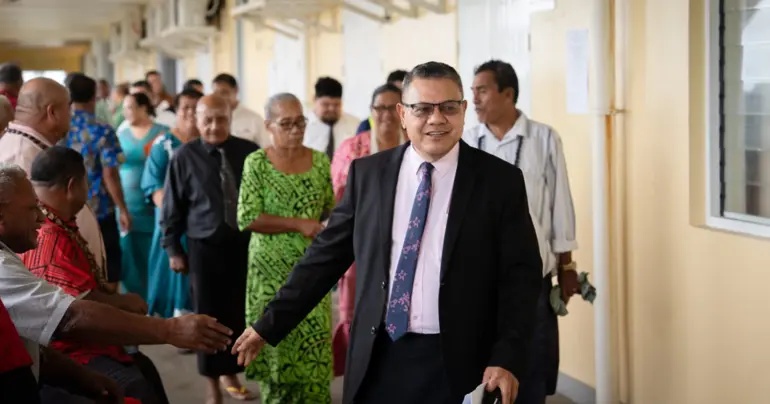Access to affordable nutritious food vital
All doesn’t look well for Samoa’s young children and women, if a global report on children’s diet released by UNICEF is any indication.
The report titled “Fed to fail? The crisis of children’s diet in early life” was produced by UNICEF and released last Tuesday ahead of the UN Food Systems Summit.
It warned of “rising poverty, inequality, conflict, climate-related disasters, and health emergencies such as the COVID-19 pandemic” exacerbating the nutrition crisis affecting the world’s youngest with no progress over the last decade.
Excerpts of the report’s findings on Samoa were quoted in a Samoa Observer article (Nutrition standards worsening: UNICEF) published in the 27 September 2021 edition of the Samoa Observer.
According to the report, malnutrition in Samoa was measured among men and children through the recording of childhood obesity and anemia cases. It found that some 53 per cent of school-aged children between the ages of 5 to 19 in Samoa were overweight, and when the demographic was expanded to include malnutrition among women over the age of 18, the number of overweight people rose to 80 per cent.
The report also revealed that the rates of anemia in Samoa – where red blood cells and the ability of the body to produce oxygen are both depleted – had risen over the past decade from 25 to 27 per cent.
All in all, the UNICEF report concluded that the country wasn’t making progress to improve nutrition for the targeted demographic by 2030, and the absence of a social protection programme to achieve that outcome confirmed the country’s status.
So how can we address this state of affairs now that we know health interventions (or the lack of it) over the last 10 years failed to yield any tangible outcomes that would have addressed the challenges?
It is a pity the report was published two days prior to the passing of the Government’s $982 million 2021/2022 Budget by the Parliament last Thursday, consequently escaping scrutiny by our legislators who should have debated its findings in order to address the underlying issues that were uncovered.
But then the Ministry of Health (M.O.H.) had the largest slice of the budgetary allocation that was brought down in the parliament last week with a massive $126 million. Over $80 million was earmarked for outputs delivered by the Ministry and $37.4 million for transactions on behalf of the State.
Surely some funding can be identified from the recent appropriation to address the problem areas which the UNICEF report highlighted?
There is no doubt the pandemic has worsened the living conditions of a lot of Samoan families over the last 18 months and the Suva-based UNICEF Pacific Representative Jonathan Veitch echoed those concerns.
He said as the pandemic continues to impact the lives of families it is important action is taken to protect the diets of all children in the region.
So should parents and families in Samoa really care about the findings of the UNICEF report released last week? Tragically, lack of action by parents and families could have long-term implications for their children. Insufficient intake of nutrients found in vegetables, fruits, eggs, fish and meat which are important to support growth at an early age puts the children at risk of poor brain development, weak learning, low immunity, rise in infections and, potentially, death.
The above could be worst case scenarios brought on by the lack of action. But data from a United Nations survey released in August last year estimated that over two-thirds of Samoans have lost income due to the pandemic, which means there are families already facing tough choices in life, including losing the financial power to offer the right dietary solutions for their children.
How can the needs of these affected families be captured by the authorities and their plight brought to the attention of the Government?
To think that there are now children in our community who face the risk of being robbed of his or her development as a child – due to the lifestyle choices of their parents and their ability to afford nutritious diets – should worry authorities.
Having the ability to access and afford nutritious foods is a human right and if legislation should be introduced to have more State control on availability and affordability then so be it.
We owe it to our children to put them on the path to good health and prosperity by acting now.
Tags











